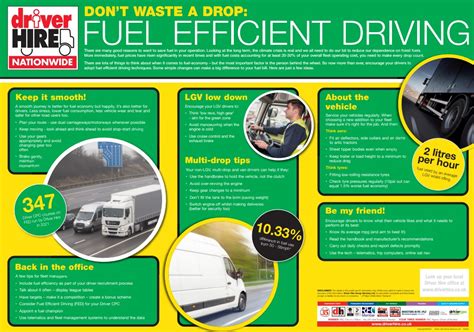Birmingham to Atlanta: Fuel-Efficient Driving Strategies
The drive from Birmingham, Alabama, to Atlanta, Georgia, is a popular route, offering a blend of interstate cruising and scenic byways. However, gas prices can significantly impact the cost of this trip. This comprehensive guide outlines practical fuel-efficient driving strategies to help you minimize your fuel consumption and maximize your savings on your journey from Birmingham to Atlanta.
What's the Best Route for Fuel Efficiency?
The most direct route, generally via I-20 East, is often the most fuel-efficient. Avoiding unnecessary detours and sticking to major highways minimizes idling and reduces the need for frequent acceleration and braking, both major fuel guzzlers. Navigation apps like Google Maps or Waze can provide real-time traffic updates and suggest the most optimal route based on current conditions. However, always double-check for road closures or construction before embarking on your journey.
How to Improve Fuel Economy While Driving
Several driving techniques can significantly improve your gas mileage. These are not just theoretical; they are practical steps you can take to save money on your trip.
Maintaining a Consistent Speed:
Aggressive acceleration and sudden braking are fuel-inefficient. Maintaining a steady speed, especially on the highway, is crucial. Try to avoid rapid changes in speed and anticipate traffic flow to minimize unnecessary braking. Cruise control, when conditions allow, can be a helpful tool for maintaining a consistent speed.
Proper Tire Inflation:
Under-inflated tires increase rolling resistance, leading to lower fuel economy. Before your trip, check your tire pressure and inflate them to the recommended pressure listed in your vehicle's owner's manual or on the sticker located on the driver's side doorjamb. Proper tire inflation can noticeably improve your fuel efficiency.
Lighten the Load:
Extra weight in your vehicle directly impacts fuel consumption. Remove any unnecessary items from your car before embarking on your journey. The lighter your car, the less fuel it will consume.
Aerodynamics Matter:
Reduce drag by keeping your windows rolled up and removing roof racks or cargo boxes if not essential. These additions increase air resistance, thus decreasing your fuel economy.
Planning for Fuel Stops: Where to Refuel Strategically
Planning your fuel stops strategically can save you money and time.
Avoid "Premium" Unless Necessary:
Unless your vehicle specifically requires premium gasoline, sticking to regular unleaded will significantly reduce your fuel costs. Check your owner's manual to confirm the recommended fuel type.
Fill Up When Prices are Lower:
GasBuddy and other gas price comparison apps can help you locate stations with the lowest prices along your route. Filling up when prices are lower, even if your tank isn't quite empty, can add up to considerable savings over the course of a long trip.
Time Your Stops:
Consider filling up your gas tank during off-peak hours, as gas stations are often less crowded and may offer slightly better prices during those periods.
Vehicle Maintenance Before Your Trip:
Proactive vehicle maintenance significantly impacts fuel efficiency.
Regular Oil Changes:
Ensure your oil is changed according to your vehicle's maintenance schedule. Old or dirty oil can reduce engine efficiency and increase fuel consumption.
Air Filter Check:
A clogged air filter restricts airflow to the engine, reducing its efficiency. Check your air filter before your trip and replace it if necessary.
How Can I Minimize Idling Time?
Idling wastes fuel and contributes to unnecessary emissions. Minimize idling time by turning off your engine whenever you're stopped for more than a minute, such as at traffic lights or during longer rest stops.
This comprehensive approach to fuel-efficient driving will help you navigate the Birmingham to Atlanta route economically and efficiently. Remember that even small changes in driving habits can make a big difference in your overall fuel consumption. Happy travels!

